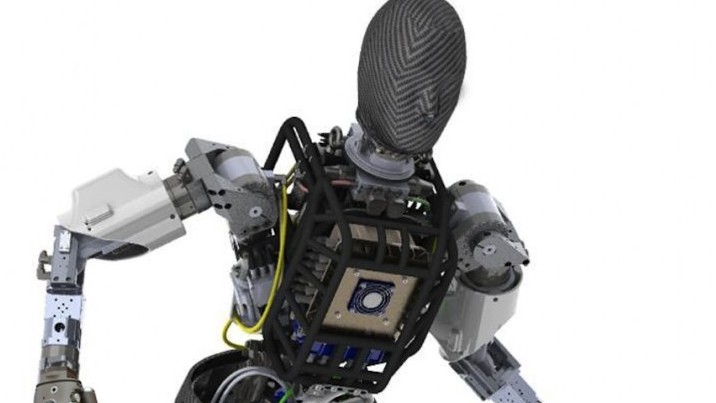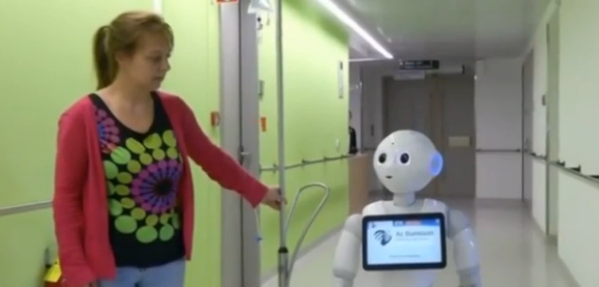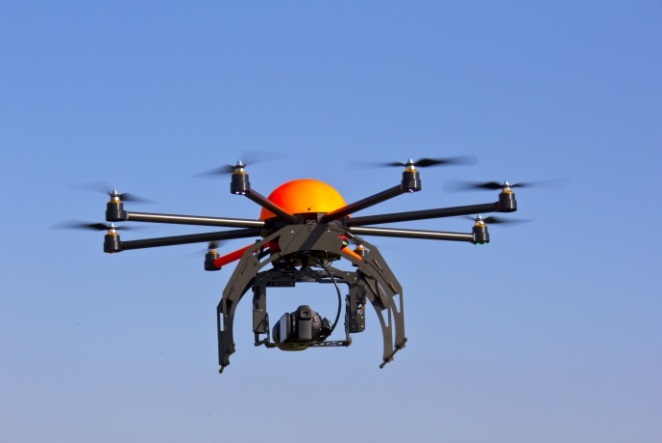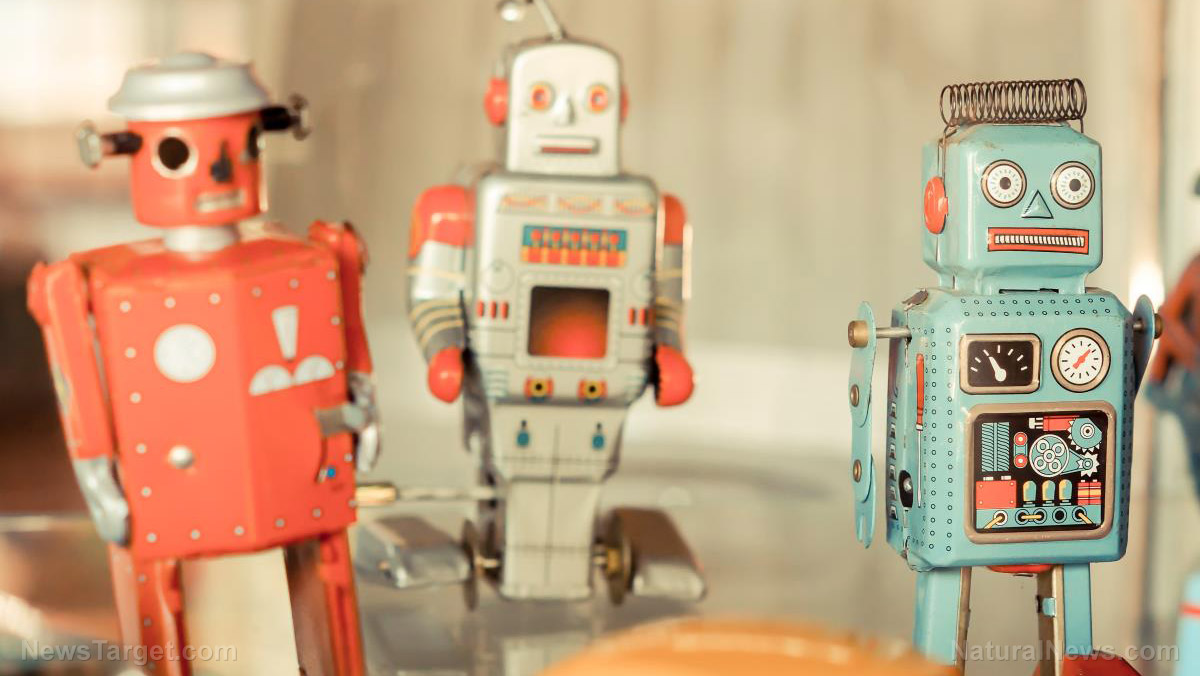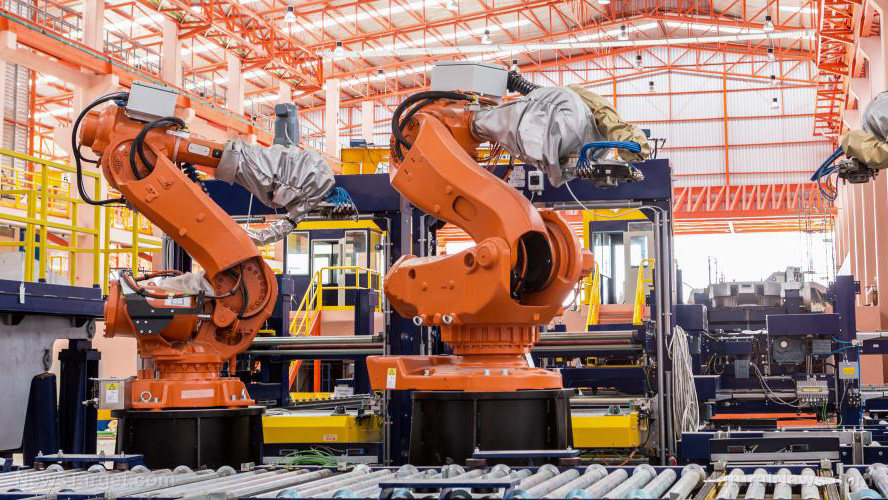For decades factories in the most advanced industrialized nations have been replacing human labor at a steady pace with robots. But today an explosion in robotics technology is leading to rapid advances in capability that will affect nearly all employment sectors—if not every single one.
In fact, tens of millions of jobs will eventually be taken by soulless robots—machines that don’t call in sick, don’t steal from the boss, don’t require health insurance, don’t strike for more money, don’t stir up drama in the office or possess any other human shortcomings that make life more difficult—even nightmarish—for business owners and personnel managers.
Here’s an example of where some of this technology is headed: Amazon has recently opened a convenience store in the heart of downtown Seattle that has no cashiers, the UK’s Daily Mail reported.
Called “Amazon Go,” customers go into the store using an accompanying app, get whatever items they want and then walk out of the store without ever stopping at a cash register. This is made possible by utilizing technology that is found in self-driving cars.
App will automatically charge customers
The app features a host of sensors that detect what is taken off of shelves by consumers and then those items are automatically billed to shoppers’ Amazon accounts if they leave with them.
Right now the store is in the beta testing phase so it is only open to Amazon employees. However, Amazon CEO/founder Jeff Bezos and Co. plan to take their new ‘robot store’ public in early 2017.
While this sounds like technology of the future—and very handy technology at that—it will come at a price: The Daily Mail reported that Amazon Go and similar stores could replace up to 3.4 million workers currently employed as cashiers.
Indeed, the retail giant may also be working to develop similar technology for other brick-and-mortar grocery stores that could put such technology to good use.
That said, a spokesperson for Amazon told the Daily Mail that Amazon Go will “have at least as many associates as a traditional retail store.”
“Amazon Go associates work in both the kitchen and the store, prepping ingredients, making breakfast, lunch, and dinner items, stocking shelves and helping customers,” the company said in an email.
For now, anyway. There are developers working on robots that will eventually be able to prepare food, as well—like fast food.
In July Eater reported that a “robot burger restaurant” was soon to launch in San Francisco using technology developed by Momentum Machines—a robotic device that is capable of making 400 burgers an hour.
And other developers are working on robots that have quite a bit of dexterity: They can walk, grab and move things, pour liquids and perform other duties.
No profession is safe from robots
Robotics.news reported in November that food-ordering service Just Eat had begun testing self-driving robots that are designed to deliver take-out orders to customers in London. Built by UK robotics firm Starship Technologies, they are designed to increase delivery capacity for the city’s many restaurants:
Taking place in London’s trendy Shoreditch, Just Eat took the opportunity to demonstrate how it saw emergent technologies like virtual and augmented reality, artificial intelligence and robotics playing a role in food delivery’s future.
The event offered hands-on demos with the HTC Vive and Microsoft Hololens to how such technologies, in the company’s words, could transform the way people “discover, order and enjoy food.”
Without a doubt robotics technology is going to replace a sizeable portion of the world’s workforce, and in short order. It will become too economically feasible—and far too tempting—for companies not to go full robotic. Even the field of journalism isn’t safe.
Sources:
Robotics.news
DailyMail.co.uk
Eater.com

